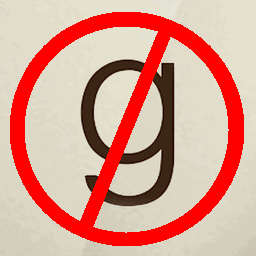I got the email two days ago:
Keep an eye out for another email from us later tonight or tomorrow (depending on when you signed up). It will have all the details you need to get started, including how to create your first Loop.
Still waiting for the second email. As far as I know this kind of situations are usual with Pixelfed too.








Have you tried AnySoftKeyboard?
I think it has most of the features you are looking for and I find it a bit more comfortable than Heliboard.